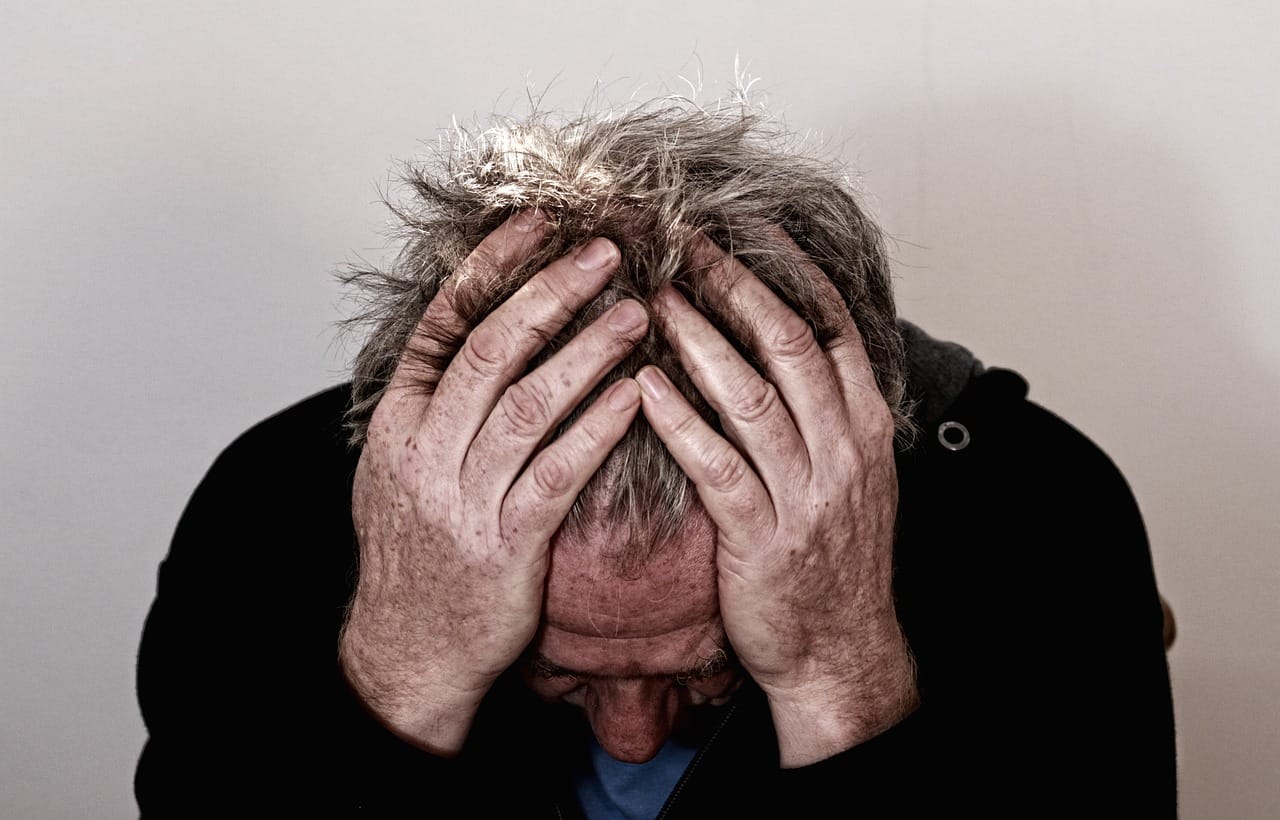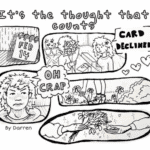Politics, it’s a dirty word for some, but it’s something that is always there whether you like it or not.
It exists not just within the halls of Westminster but within our everyday lives.
Most decisions we make as individuals are to a certain extent political in nature.
It was Pericles, the great Athenian statesman, orator and general who once said,
“Just because you do not take an interest in politics doesn’t mean politics won’t take an interest in you.”
If you want to live freely within society, you must pay taxes and obey the law — these are set out by politicians.
Similarly, whenever there is a conflict within people’s everyday lives, the resolution is usually only achieved through political means.
In fact, we have leaders claiming constantly to represent the country whether you voted for them or not.
Politics isn’t an echo chamber but an inevitability of life.
Despite this, over recent years it appears that younger demographics have drifted away from the political process,
at least within the traditional sense.
Pressure groups such as Just Stop Oil and Extinction Rebellion have seen a rise in support over recent years.
So, I set about trying to find out what it is that is making young people disinterested in mainstream politics
and how we could go about trying to rectify this.
On my search for answers, I enlisted the help of one of the more politically active members of the Keele community,
local election hopeful Shauney Connor.
I first started off by asking Shauney what it was that first inspired him to get into politics and where it has led him to today.
His leap into politics was perhaps slightly emblematic of the wider phenomena surrounding the age
at which people begin to become more politically conscious.
He himself admits that he ‘was a latecomer to the world of politics’
at least within the context of someone wanting to seek political office.
It was a mixture of both past and present that led him down the path to a lifelong interest in the subject,
with it initially coming about through his background of late 20th century British politics via his History A-level,
latterly the events of the Boris Johnson premiership further led him to political activism.
The truth is that it can be completely random as to when and where someone might get into politics.
Following on from this I asked Shauney why it may be the case that young people perhaps feel alienated
from the traditional political process.
For him the answer is two-fold.
Firstly, that politicians often ‘fail to take action on issues that are important to them,
including climate change, housing and education’.
Often it is the case that politicians miss what truly matters to younger people,
whether this is done deliberately in the case of parties trying to win over older voters,
or accidently through a lack of understanding of what young people want prioritised
because of a lack of representation.
The second issue is that life often gets in the way,
‘school, work and financial hardship can push people to put personal agendas ahead of politics’.
Younger people often don’t have time to think about politics
when they are often going about the busiest parts of their life when it comes to commitments.
Shauney believes the only way these issues can be tackled is that
‘we need to provide easy entry into politics, strengthen youth voices, and show that activism does change things.’
There are of course many ways of going about trying to achieve this.
But why should young people get involved?
It’s quite simple really — if young people want greater levels of representation,
they must actively try to achieve it.
According to Shauney a growth in politically active young people can
‘resist dated concepts, lobby for change, and hold governments to account.
They make democracy stronger, represent it more effectively and make the world a more open and progressive place.’
So, there you have it, why not give politics a chance?
If you would like to try and see what politics is about there are multiple ways you can do this.
Keele University has multiple different political societies of all persuasions looking for new membership.
These often help locally when it comes to canvassing and often have close links to local politicians,
as well as the usually social.
Alternatively, you could contact your local member of parliament about what really matters to you —
all emails are on the gov.uk website.
You could even just volunteer for causes that interest you.
Change doesn’t happen unless you make it happen.









